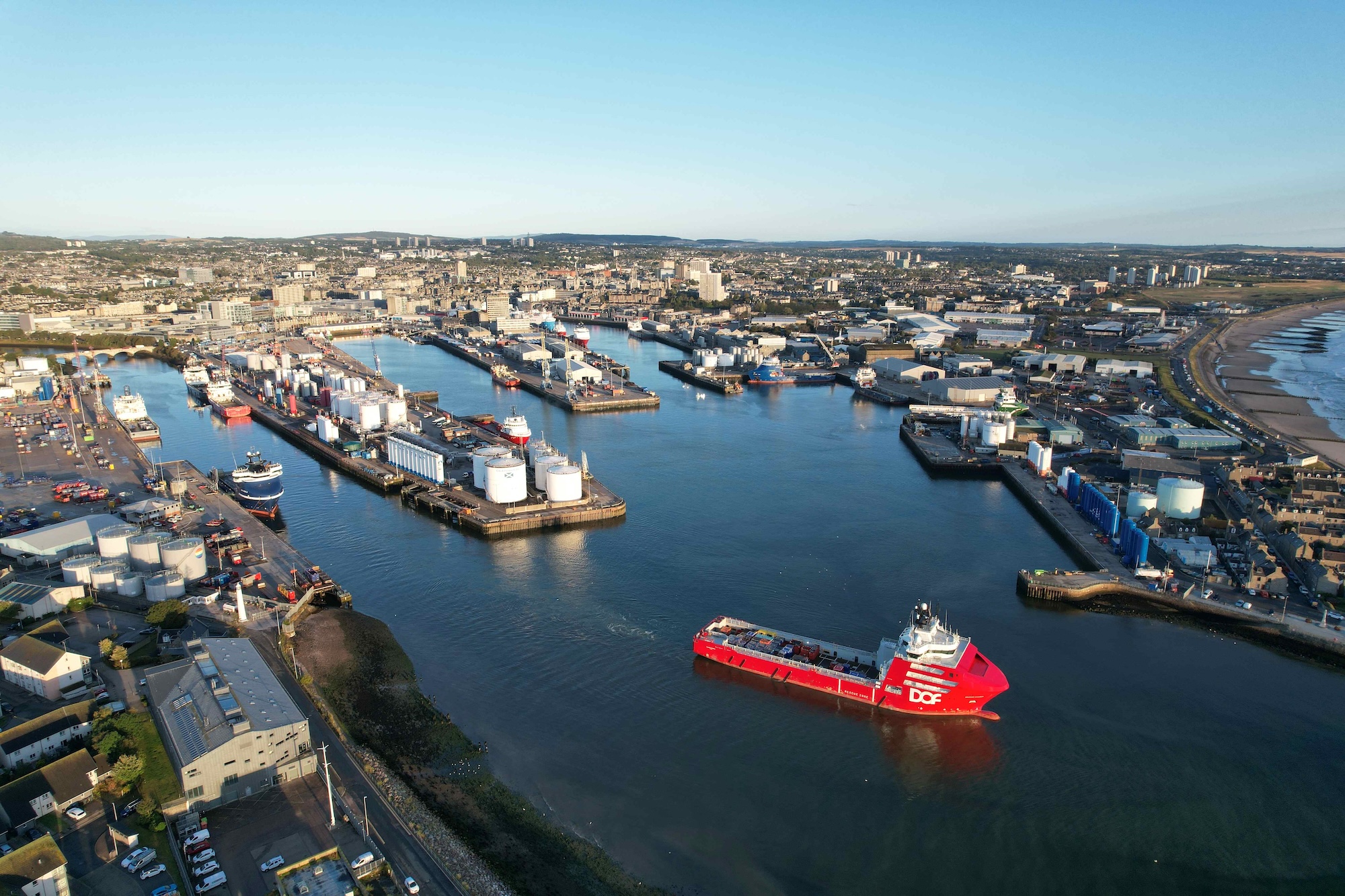Knight Frank: Aberdeen posts strong industrial take-up for first half of 2025

Aberdeen’s industrial property market demonstrated significant resilience in the first half of the year, with take-up on course to surpass 2024’s annual total, despite the challenging macroeconomic backdrop and policy uncertainty, according to new figures from Knight Frank.
The independent commercial property consultancy found there was 440,003 sq. ft. of take-up across 59 deals between January and June, up 54% on the same period last year. Take-up edged higher in the second quarter, with 221,445 sq. ft. of deals compared to 218,558 sq ft during the first.
A strong initial six months has put the Granite City on track to beat last year’s total and comfortably exceed the 10-year average of 690,000 sq. ft. During 2024, there were 97 deals with a combined 768,000 sq ft of take-up.
While Bridge of Don accounted for the largest share of take-up at 129,894 sq. ft. (30%), Dyce led in deal volume, with 16 transactions representing 27% of the total.
Buoyed by the Energy Transition Zone (ETZ), Aberdeen’s southside accounted for nearly one-quarter (24%) of both deals and total take-up. Previous research from Knight Frank found that last year the ETZ accounted for 35% of the Granite City’s take-up – a 45% increase on the area’s average before the zone was created.
David Gavan, surveyor at Knight Frank Aberdeen, said: “While there continues to be uncertainty around government signalling and energy legislation in the north east, the numbers highlight that opportunities remain for private investors in the current market.
“Occupiers are being drawn into modern, high-quality buildings, often leaving behind dated facilities that no longer meet their needs. The resilience in industrial commercial property take-up reinforces Aberdeen’s role as a hub for both traditional and transition energy industries.
“The majority of deal activity in Aberdeen is still being driven by traditional energy occupiers, emphasising how future legislative decisions will shape not only the energy sector, but also the many industries across the region which are intrinsically linked to the North Sea.”







